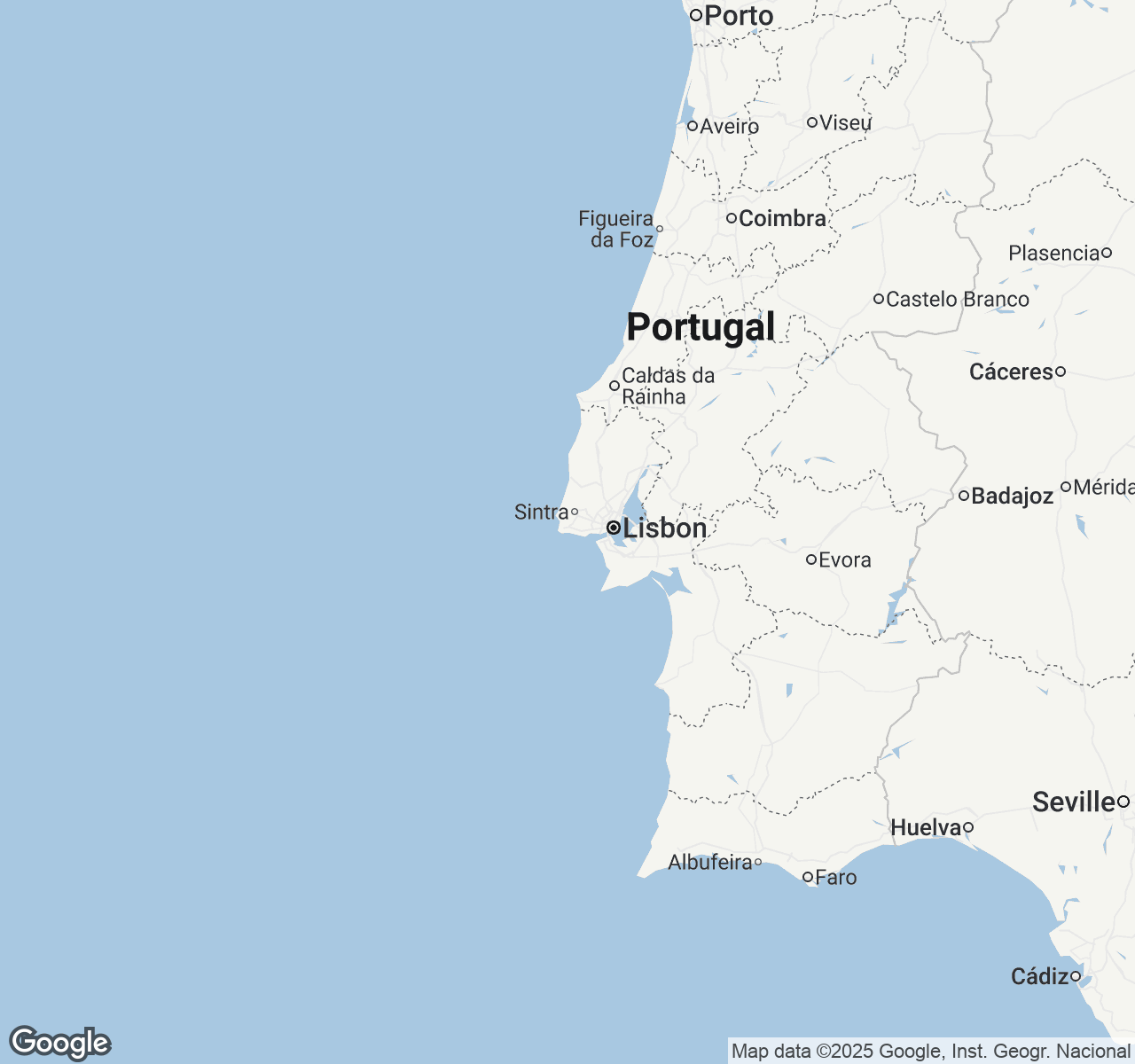
Things to Do in Cascais
Discover the best of Cascais
Plan Your Trip
Essential guides for timing and budgeting
Top Things to Do in Cascais
Discover the best activities and experiences. Book now with our trusted partners and enjoy hassle-free adventures.
Your Guide to Cascais
About Cascais
Where Atlantic breezes carry whispers of royal summers and fishing village authenticity mingles with cosmopolitan elegance, Cascais emerges as Portugal's most enchanting coastal jewel. This former humble fishing port, transformed into a playground for Portuguese royalty in the 19th century, retains an effortless grace that captivates every visitor. Golden beaches stretch like silk ribbons against dramatic cliffs, while cobblestone streets wind past pastel-hued mansions and intimate seafood tavernas. The morning light dances across the harbor where colorful boats bob alongside sleek yachts, creating a scene that feels both timeless and vibrantly alive. Here, the pace of life follows the ocean's rhythm – unhurried yet purposeful, sophisticated yet grounded in maritime tradition. Whether you're savoring fresh grilled sardines at a waterfront café, exploring the windswept coastline of nearby Cabo da Roca, or simply watching sunset paint the sky in shades of amber and rose, Cascais offers an intoxicating blend of natural beauty, cultural richness, and that indefinable Portuguese concept of saudade – a bittersweet longing that makes every moment feel precious.
Travel Tips
Transportation: Take the scenic CP urban train from Lisbon's Cais do Sodré station directly to Cascais (40 minutes, €2.25). Purchase a rechargeable Viva Viagem card for seamless travel. Within Cascais, rent bikes or use the efficient local bus network to reach Sintra and surrounding beaches.
Money: Portugal uses the Euro. Most restaurants and shops accept cards, but carry cash for small beach bars and markets. Tipping 10% is appreciated but not mandatory. ATMs are widely available, though beware of dynamic currency conversion fees at tourist areas.
Cultural Respect: Portuguese people value politeness – always greet with 'Bom dia' before asking questions. Dress modestly when visiting churches. Avoid loud conversations in restaurants, as locals dine quietly. Learn basic Portuguese phrases; locals appreciate the effort even if they speak English.
Food Safety: Seafood is incredibly fresh due to daily catches, but avoid shellfish on Mondays when boats don't fish Sundays. Try local specialties like caldeirada and pastéis de nata. Tap water is safe to drink, and most restaurants maintain excellent hygiene standards.
When to Visit
Cascais shines brightest from May through September, when temperatures hover between 20-28°C and rainfall drops to just 10-20mm monthly. July and August bring peak crowds and prices up 40-60% higher, with beach temperatures reaching 25-30°C – perfect for families and beach lovers despite the bustle. June and September offer the sweet spot: warm weather (22-26°C), fewer crowds, and prices 20-30% lower than peak season. Spring (March-May) delivers mild temperatures of 16-22°C with occasional showers (40-60mm), ideal for cultural exploration and hiking. The Cascais Music Festival energizes July, while September's Cascais Jazz Festival attracts sophisticated crowds. Winter (December-February) sees temperatures drop to 10-16°C with higher rainfall (80-110mm), but hotel prices plummet 50-70% and you'll experience authentic local life. Shoulder seasons reward budget travelers and those seeking tranquility, while summer satisfies sun-seekers willing to pay premium prices. Surfers should visit October-March for Atlantic swells, though water temperatures require wetsuits. For optimal weather, reasonable prices, and manageable crowds, plan your visit for late May-June or early September-October when Cascais reveals its most balanced and enchanting character.

Cascais location map